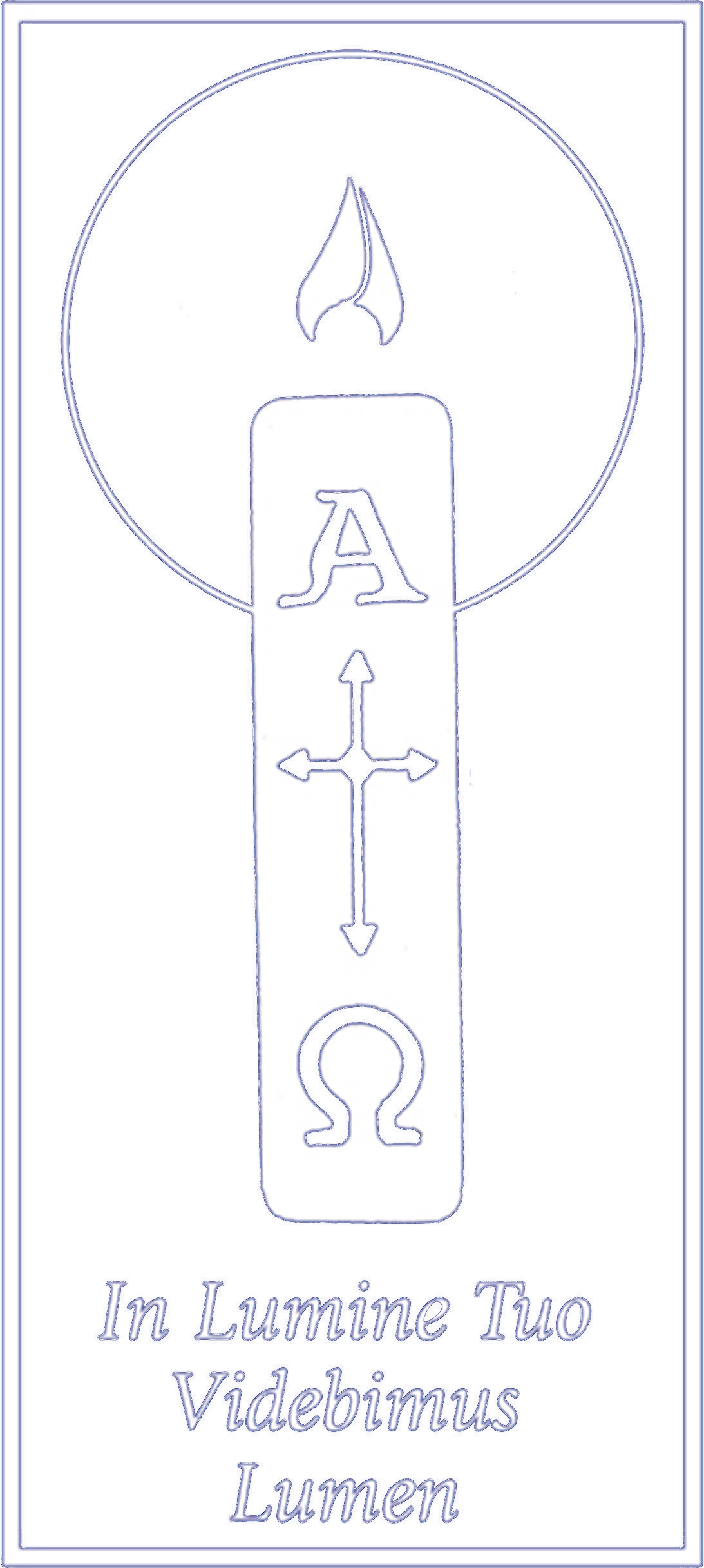Now in its seventh year, this seminar is designed as an introduction and immersion into Catholic social thought for graduate students and junior faculty in economics, finance, or related fields. Participants will cover foundational principles in Catholic social thought, starting with the human person, dignity, freedom, subsidiarity, solidarity, and the common good, and moving toward applications of these principles to conceptual understandings and ethical considerations involving economic topics such as utility theory, firm and business ethics, wages, markets, globalization, poverty, and development. Participants will delve into social encyclicals, secondary sources, and relevant economics texts.
This seminar is sponsored by the Lumen Christi Institute; the Catholic Research Economists Discussion Organization; the De Nicola Center for Ethics and Culture; the Kellogg Institute for International Studies; and the the Institute for the Scholarship in the Liberal Arts, College of Arts and Letters, University of Notre Dame.
LOCATION AND FORMAT
Format: There will be two sessions each day for three days, each featuring a different instructor. Each instructor will open with a lecture, and then we will turn to a seminar-style discussion of the texts and issues at hand. In the final sessions, we will discuss how the material can be applied to each student’s particular area of interest.
Location: The seminar will take place at the University of Notre Dame in South Bend, Indiana. Travel stipends are available on a need basis. All participants will be provided with accommodations and most meals (some on their own).
Application Information: This seminar will be open to PhD students and faculty in economics, finance and related fields.
Applicants will be required to submit a completed online application form, including:
- An updated CV.
- A brief statement of research interest no longer than 750 words.
- One academic writing sample.
All application materials can be submitted via the online application. Incomplete applications will not be considered. Fifteen students will be admitted to this seminar.
The application deadline is February 25, 2024.
Please direct any further questions to contact@credo-economists.org.
Kirk Doran is the Henkels Family Collegiate Chair and Associate Professor of Economics at the University of Notre Dame. Doran received his B.A. in Physics from Harvard University in 2002, his S.M. in Applied Mathematics from Harvard University in 2002, and his Ph.D. in Economics from Princeton University in 2008, where his dissertation won Princeton's labor economics dissertation award. Doran's research focuses on issues in labor economics, innovation economics, and international migration, with a particular focus on human capital complementarities. His work has examined the implications of large migrations of top scientists on the productivity and knowledge generation of their peers. Recent work has focused on the role of externalities, collaboration, and geographic distance in knowledge production, the impact of top prizes on the intellectual content of their recipient's work, and the impact of highly skilled immigrants on firms which randomly receive them. Professor Doran's research has been published in the Quarterly Journal of Economics, the Review of Economics and Statistics, the Journal of Labor Economics, the Journal of Human Resources, Economica, Economics Letters, and Innovation Policy and the Economy, and has been funded by the Alfred P. Sloan Foundation, the Upjohn Institute, and the Kauffman Foundation.
Mary Hirschfeld is the John T. Ryan Jr. Associate Professor of Theology and Business Ethics, Academic Director of the Business Ethics and Society Program. She works on the boundaries between theology and economics using an approach rooted in the thought of St. Thomas Aquinas. She has written on economic inequality, the technocratic paradigm, the financial crisis and the common good.
Selected Publications Aquinas and the Market: Toward a Humane Economy (Harvard University Press, 2018), “Rethinking Economic Inequality: A Theological Perspective,” Journal of Religious Ethics, 42(2) (June 2019): 259-282, “Reflection on the Financial Crisis: Aquinas on the Proper Role of Finance,” Journal of the Society of Christian Ethics, 35(1) (Spring-Summer 2015): 63-82, “What is the Technocratic Paradigm and Must Business Be Structured By It?,” chapter in Business Ethics and Catholic Social Thought, Daniel K. Finn (ed.) (Georgetown University Press, May 2021): 93-113, “What Theology Should and Should Not Learn from the Social Sciences About the Common Good,” in Empirical Foundations of the Common Good: What Theology Can Learn from the Social Sciences, Daniel K. Finn (ed.) (Oxford: Oxford University Press, 2017): 208-240.
Joseph P. Kaboski is the David F. and Erin M. Seng Foundation Professor of Economics in the Department of Economics at the University of Notre Dame and a Fellow of the Kellogg Institute. His research focuses on growth, development and international economics, with an emphasis on structural change, finance and development, schooling and growth, microfinance, explaining international relative price patterns, and the role of inventories in international trade. In 2012, he was awarded the prestigious Frisch Medal, awarded biannually for the best paper in the journal Econometrica over the previous five years. He has published scholarly articles in many journals including, the American Economic Review, Econometrica, the Journal of Economic Theory, the Journal of Monetary Economics, and the Journal of the European Economic Association. He is an Associate Editor at the Journal of Human Capital. a Research Associate of the National Bureau of Economic Research, and a Fellow and Board Member of the Bureau of Research in Economics Analysis of Development. He has consulted for the Federal Reserve Banks of Chicago, Minneapolis, and St. Louis; the World Bank; the International Monetary Fund; and is a Senior Advisor and Board Member to the research department of the Central Bank of Armenia. He is the president of CREDO, a past consultant to Catholic Relief Services, and is currently a Consultant to the USCCB, Committee on Domestic Justice and Human Development. He received his Ph.D. in Economics from the University of Chicago in 2001 and has previously been an assistant and associate professor at Ohio State University and a visiting professor at the University of Chicago.





